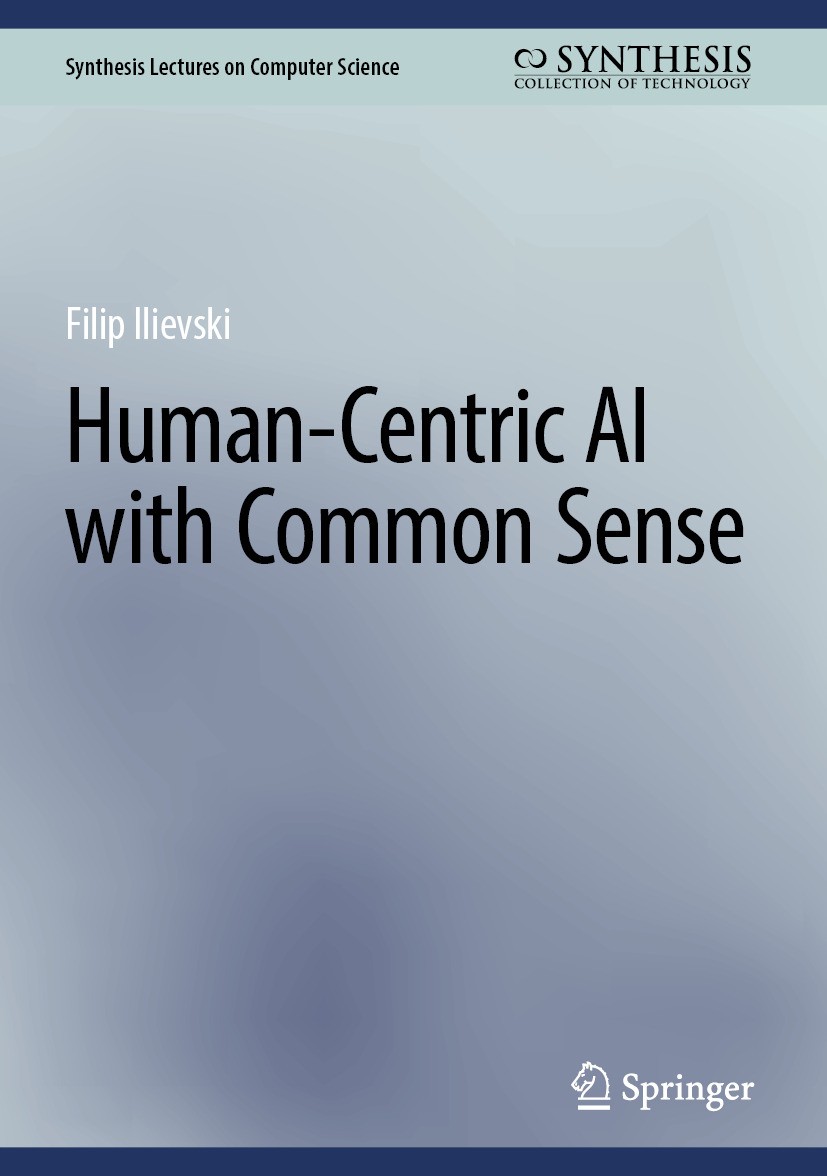

Most ebook files are in PDF format, so you can easily read them using various software such as Foxit Reader or directly on the Google Chrome browser.
Some ebook files are released by publishers in other formats such as .awz, .mobi, .epub, .fb2, etc. You may need to install specific software to read these formats on mobile/PC, such as Calibre.
Please read the tutorial at this link: https://ebookbell.com/faq
We offer FREE conversion to the popular formats you request; however, this may take some time. Therefore, right after payment, please email us, and we will try to provide the service as quickly as possible.
For some exceptional file formats or broken links (if any), please refrain from opening any disputes. Instead, email us first, and we will try to assist within a maximum of 6 hours.
EbookBell Team

4.0
86 reviews(Genuine, complete PDF. Cover: OK. Bookmarks are the same as ToC with 4 added items. No index, use search.)
*
This book enables readers to understand the challenges and opportunities of developing trustworthy AI with commonsense reasoning skills. Commonsense knowledge is often implicit and presents a challenge for automated methods in natural language processing and question answering as the extraction and learning algorithms cannot count on the commonsense knowledge being available directly in text. As such, commonsense knowledge and reasoning has been considered the “black matter” of AI, raising concerns about the trustworthiness and applicability of AI methods in automated and hybrid applications, especially social good applications in misinformation, traffic, health, and education. This book presents dominant methods that combine neural and symbolic advances to achieve adaptivity, collaboration, explainability, and responsibility through commonsense reasoning. In addition, the book describes how these socio-technical properties of AI can facilitate a range of social-good applications like misinformation, traffic, education, and health. What makes commonsense reasoning such a unique and impactful challenge? What do cognitive and AI perspectives bring to the table? How can we approach building responsible, adaptive, collaborative, and explainable AI with common sense? And finally, what is the impact of this work on hybrid human-AI intelligent systems? This book provides an accessible introduction and exploration of these topics.